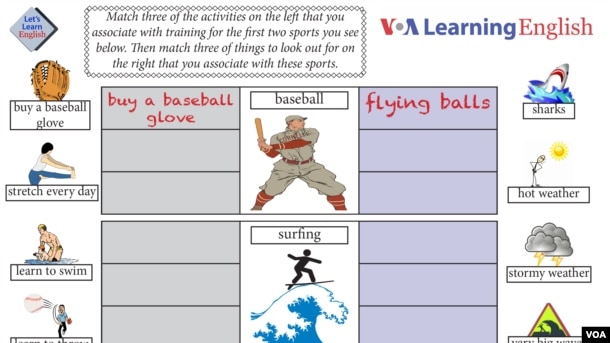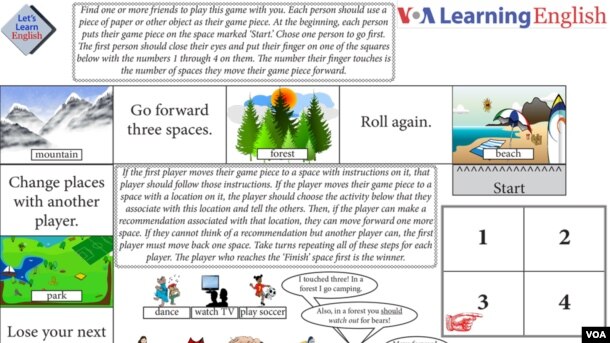Anna: This is the Roosevelt Memorial. Where is the symbol?
Anna remembers that Dan said: You have to find things that aren't
really there. ... When you find an American symbol, you win points and a Fun Fact about a U.S. President.
Anna: Yay! I found Uncle Sam and I won another 40 points! What is the Fun Fact?
Voice: Franklin Roosevelt was the first to fly in a plane as president!
Anna: I didn't know that. This is a really beautiful memorial.
Anna: This is the Lincoln Memorial! Where is the symbol?
Anna: I found it! The Statue of Liberty! Please give me my Fun Fact.
Voice: Abraham Lincoln was a great wrestler!
Anna: I didn't know that. Lincoln wanted freedom for all people. So, the Statue of Liberty works well.
Anna: And I won 20 points! Time to find the next symbol.
Dan: Hey! Look out!
Anna: Sorry. Hey, it's you! Now, I should be more careful.
Dan: That’s okay.
Anna: This game is a lot of fun. Hey, what’s your name?
Dan: Dan. What’s yours?
Anna: Anna.
Dan: Like Americana!
Anna: Yeah, I guess so.
Dan: Did you find any symbols?
Anna: Yes, I found three and won 120 points!
Dan: Me too. But, did you find the bald eagle?
Anna: No. Did you?
Dan: No. First one to find it wins?
Dan: Anna, look out for that tree!
Anna: I learned a lot about presidents with this game. But I ought to be more careful. Until next time …!
Writing
Are there any memorials to famous leaders in your town or in your country? Tell us about them. Do you admire the leader? Write to us by email or in the Comments section.Click on the image below to download the Activity Sheet and practice talking about sports with a friend.

Activity Sheet Lesson 26
Learning Strategy
Learning Strategies are the thoughts and actions that help make learning easier or more effective.The learning strategy for this lesson is Make Associations. When we think of connections between things we are making associations.
In this lesson, Dan makes an association to help himself remember Anna's name. After Anna tells him her name, he says, "Like Americana!" The name "Anna" sounds like the end of the word "Americana" to Dan.
Can you find another example of making associations in the conversation? Write to us in the Comments section or send us an email. Teachers, see the Lesson Plan for more details on teaching this strategy.





